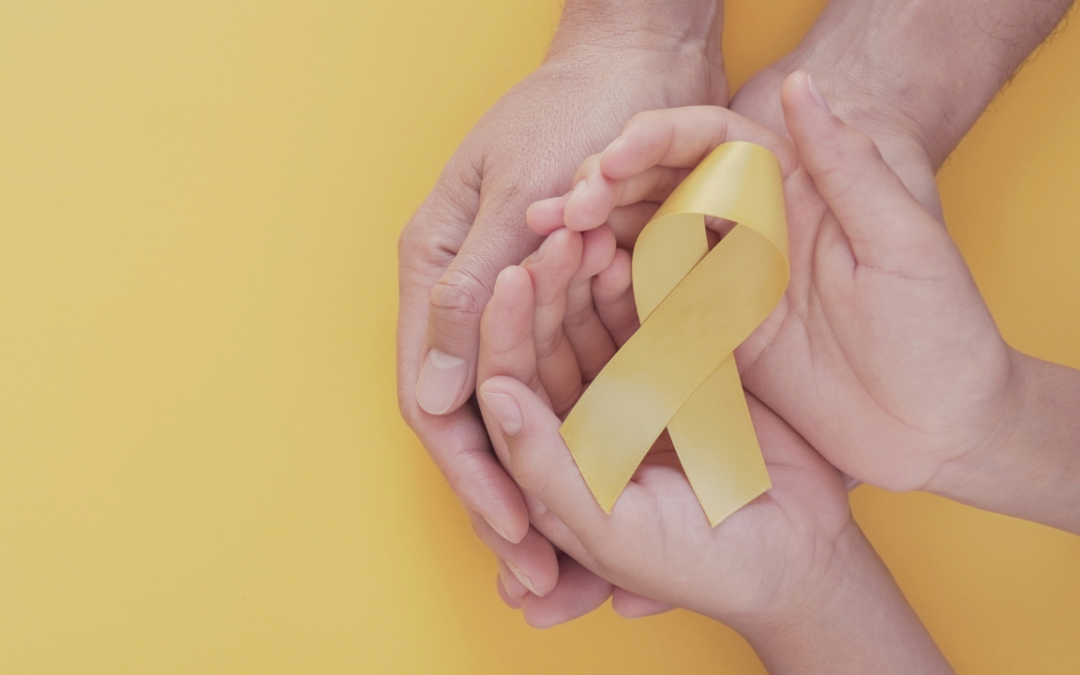“I just want to go to sleep and never wake up.”
This is the thought that I had nearly two decades ago when I decided to take my own life. It’s common for many of us to have these thoughts in passing. But most of us will never actually act upon it. That day, however, I did. After suffering from debilitating PTSD, depression, and anxiety, all while oceans apart from my friends and family, I had decided that I couldn’t handle it any more. Thankfully, a random twist of fate caused my roommate to come back early. If it hadn’t been for her, I wouldn’t be here sharing my story today.
This week marks National Suicide Prevention Week. In the United States, there are 132 suicides a day. But suicide is not inevitable for those struggling. There are steps that each of us can take and signs we can watch for to help those around us know there are other options.
#BeThe1To
Ask.
Asking questions in a caring manner is a great way to show someone that they are important to you. And if they open up to you about their thoughts and feelings surrounding suicide, talk to them about it! Research shows that talking about it actually reduces suicidal ideation and attempt rates.
Be There.
Don’t just ask questions but truly listen and be there for them. Let your actions show you mean what you say about their importance in your life. Remember not to judge them for their feelings or thoughts. Mental health has enough stigma in our society and they likely already feel some shame about how they’re feeling.
Keep Them Safe.
Make sure that lethal means aren’t readily available. Separate them from anything they’re thinking of using. Stay with them and provide support and help keep an eye on them when they’re struggling.
Help Them Stay Connected.
Provide them with a list of resources and a network of support they can turn to when they need help or are struggling.
Follow Up.
Ongoing contact and communication, especially after being discharged from a hospital or facility, helps keep them grounded and assured others care.
Generally, when people are contemplating suicide, they feel alone, isolated, and uncared for. It takes very little effort to remind those around us that we are thinking of them and care for them. And it can literally save their life.
According to the National Suicide Prevention Lifeline, the following are some warning signs that someone may be at risk of suicide:
- Talking about wanting to die or to kill themselves
- Looking for a way to kill themselves, like searching online or buying a gun
- Talking about feeling hopeless or having no reason to live
- Talking about feeling trapped or in unbearable pain
- Talking about being a burden to others
- Increasing the use of alcohol or drugs
- Acting anxious or agitated; behaving recklessly
- Sleeping too little or too much
- Withdrawing or isolating themselves
- Showing rage or talking about seeking revenge
- Extreme mood swings
Remember, however, that this list is not exhaustive and we can be excellent at hiding our true feelings. Human connection is fast, easy, and can help someone who might otherwise feel like they have no other option think twice. That split moment could be the difference between life and death.
If you, or anyone you know is having suicidal thoughts or emotions, call the National Suicide Prevention Lifeline 1-800-273-TALK (8255). This hotline is available 24/7.
Forever in Service,
Brittany Thornton
National President

